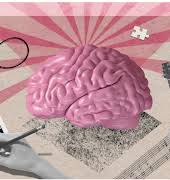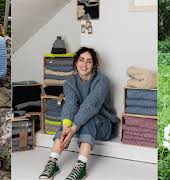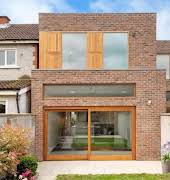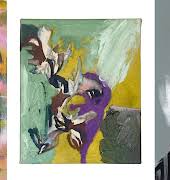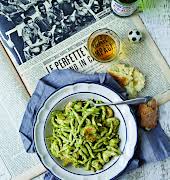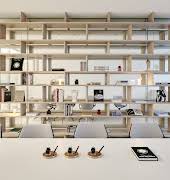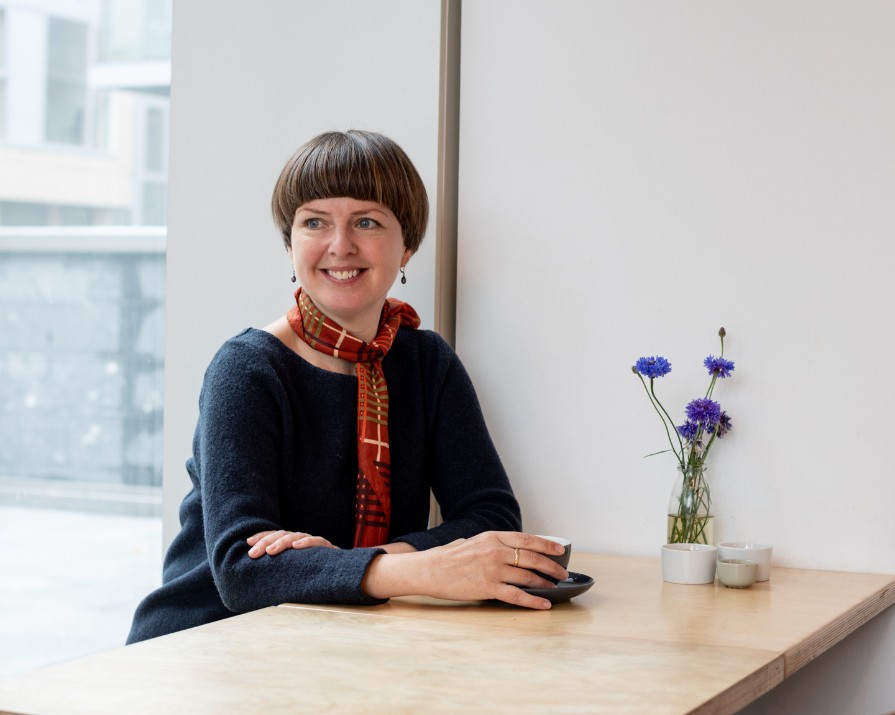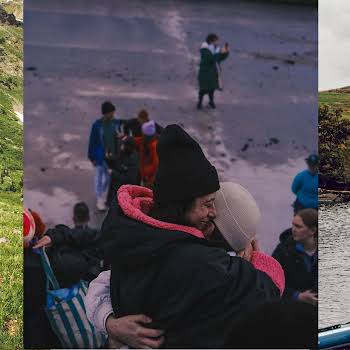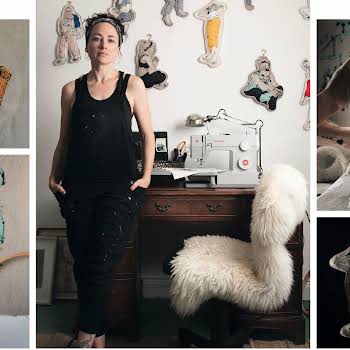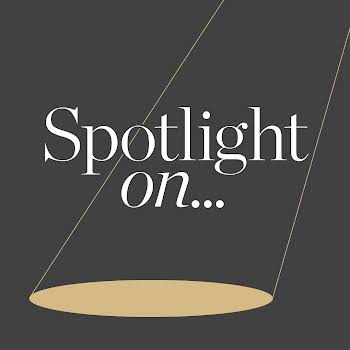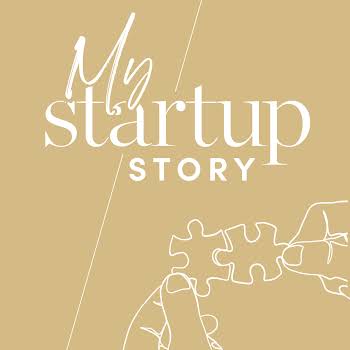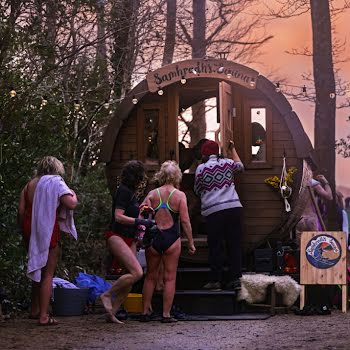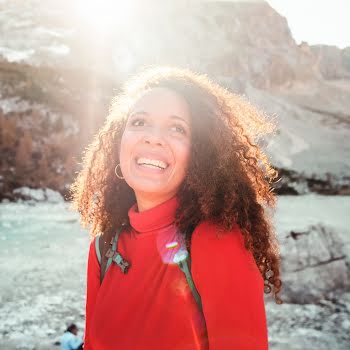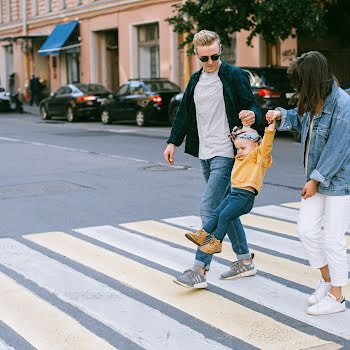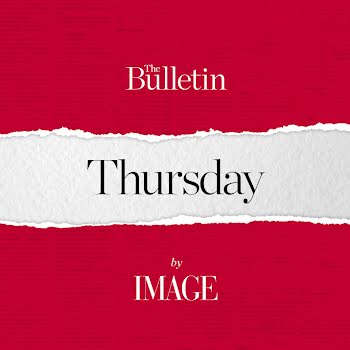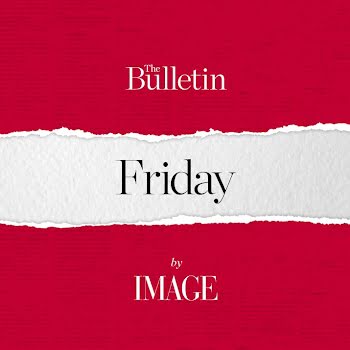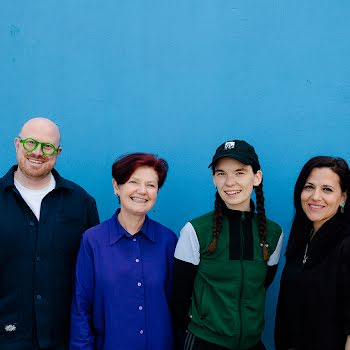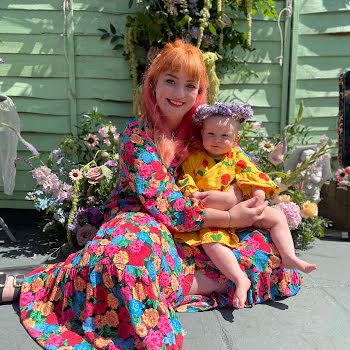Meet We Make Good, the Irish business selling products made by people from marginalised backgrounds
By Sarah Finnan
15th Sep 2022
15th Sep 2022
Entrepreneurs Caroline Gardner and Joan Ellison set up social enterprise We Make Good back in 2018, selling products made by people from marginalised backgrounds. Here, Joan speaks to Sarah Finnan about how a social enterprise business works and just how fulfilling it can be.
As a social enterprise, you often have to do more with less. We are a regular trading business, but one that has a social goal; ours is the creation of job opportunities for those from disadvantaged backgrounds. We are profit-driven but those profits go directly back into the business to help achieve those social goals. We Make Good is a project under Quality Matters, which is a charity. We relied more heavily on grants in the initial start-up phase, but our goal is for our model to be as sustainable as it can be.
My main experience was in creative project management in graphic design and advertising, but I then spent a couple of years in design retail, so it was a natural fit for me to go into business with Caroline. She saw how well [manufacturing social enterprise] had worked in North America and the UK and knew Ireland could use this model to support its most vulnerable people into work. The same know-how certainly applies. I learned particularly about the importance of storytelling when it comes to products and making connections with customers.
I work on a team of many strong, empowered women (men too!). The support from the team is what helps keep you going. Interestingly, there are more female leaders in social enterprises than in private sector businesses. As long as you keep your goals clear and put in the graft, with a solid business model, it can work.
Seed funding is always the killer – asking people to take a punt on you! When you get knocked back, it’s hard to pick yourself back up again, but resilience is important in this work.
The things we have in our homes can have such a tangible story of hope and positive change. The everyday things matter, and it’s hard to pick up a mass-produced item made in faraway lands and not feel the sting of disappointment, no matter how expensive or high-end the brand. We have always considered We Make Good to be a movement; something that goes beyond our shop and products that works towards a fairer, more equal society.
To see someone find their pride and begin to shine, it’s very powerful. Cairde was one of the first social enterprises with whom we discussed our project idea. They were launching their manufacturing social enterprise with ex-offenders and understood the challenges that they would face getting their products to market. The joy, and indeed therapeutic nature, of making is something that is very close to my heart, and to share that with others is a real privilege.
The Irish arts scene is vibrant, hopeful, resilient. Since 2020, we have noticed a real upsurge in interest in our products and our story. People are searching for meaning everywhere; we can provide this through an ethical shopping experience, turning what can be a very dubious area, fraught with mistreatment of the most vulnerable, into an experience that not only “does no harm” but actively does good.
I have met the strongest, bravest, most incredible people through this work. This business is built on strong connections. It is very special.
We are developing our intern programme in the Workroom and Printroom, which will provide internships for students, and we currently work with around 12-15 other social enterprises to develop products that we retail online and through our shop on Fade Street. Since 2020, we have employed people ourselves from disadvantaged backgrounds in our retail operation, and since 2021 in our Printroom and in our Workroom. This involves a lot of on-the-job training and support. We fulfil commercial contracts, and our corporate gifting offering is growing steadily. We supply products wholesale and run concessions with other retailers. The more we grow, the more people we can support.
Be brave! Talking to people is so important when setting up a social enterprise. People are always keen to share their experiences and give advice. Look at funding opportunities and talk to funders. Local Enterprise Offices are also a great place to learn and get some help with your business plan. Even if it’s outside your comfort zone, go to a networking event – it’s good practice for pitches and putting yourself out there. The more you do it, the easier it gets.
Portrait by Doreen Kilfeather. This article originally appeared in the Spring issue of IMAGE Magazine.

